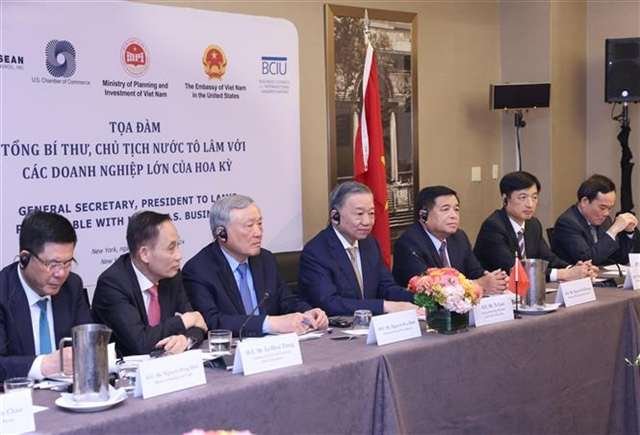In a historic step towards deepening bilateral ties, Thailand and the United Kingdom have fortified their relationship through a newly enhanced trade partnership. This strategic move, formalized through the signing of a memorandum of understanding (MoU), underscores the two nations’ determination to bolster economic growth, foster innovation, and navigate an increasingly competitive global economy.
The Agreement: What It Entails
The partnership focuses on four key pillars:
Trade Facilitation: Streamlining processes to reduce barriers and enhance efficiency in bilateral trade.
Digital Trade: Encouraging innovation through collaboration in emerging technologies and digital economies.
Green Growth: Joint investments in sustainable and renewable energy initiatives to address global environmental challenges.
Market Access: Expanding opportunities for businesses from both countries to enter each other’s markets seamlessly.
The agreement marks a critical milestone, particularly for the UK, as it continues to recalibrate its trade strategy post-Brexit. For Thailand, it represents a step forward in solidifying its role as a hub for Southeast Asian trade and investment.
Economic and Strategic Implications
For Thailand, this partnership is a gateway to advanced British expertise in technology, digital infrastructure, and green innovations. These resources will be pivotal in propelling Thailand’s long-term goals of economic modernization and sustainable development. Moreover, the UK’s interest in engaging with ASEAN—a bloc valued at over $3 trillion—positions Thailand as a strategic partner in accessing one of the world’s most dynamic regions.
From the UK’s perspective, this partnership is a calculated attempt to regain lost ground after its exit from the European Union. Diversifying trade partnerships with emerging markets like Thailand is not just desirable but essential for maintaining global competitiveness. By securing ties with Thailand, the UK also strengthens its presence in a region where geopolitical stakes are high, particularly in the context of China’s growing influence.
Challenges and Opportunities
While the partnership appears promising, potential challenges remain. Divergences in regulatory frameworks and market expectations could slow progress. Both nations will need to establish robust mechanisms to address disputes and ensure that mutual benefits are realized.
Opportunities, however, abound. For UK businesses, Thailand offers a burgeoning consumer market and a strategic location. For Thailand, the UK represents a gateway to high-quality goods, services, and technology. The success of this partnership will depend on the agility of both governments in adapting to unforeseen circumstances and maintaining an unwavering commitment to shared objectives.
The Broader Context
The enhanced partnership must also be seen in the broader geopolitical context. For both nations, this is not merely an economic arrangement but a strategic alliance designed to navigate a world increasingly defined by economic nationalism, technological rivalry, and climate imperatives. The alignment between Thailand and the UK signifies their mutual recognition of the need to collaborate in securing a prosperous and sustainable future.
Conclusion
The Thailand-UK enhanced trade partnership is a testament to the enduring value of strategic alliances in an era of uncertainty. While challenges may arise, the shared commitment to innovation, sustainability, and mutual prosperity lays a strong foundation for a future defined by growth and collaboration. This partnership serves as a reminder that in the realm of international relations, cooperation often emerges as the most effective path to national success.

